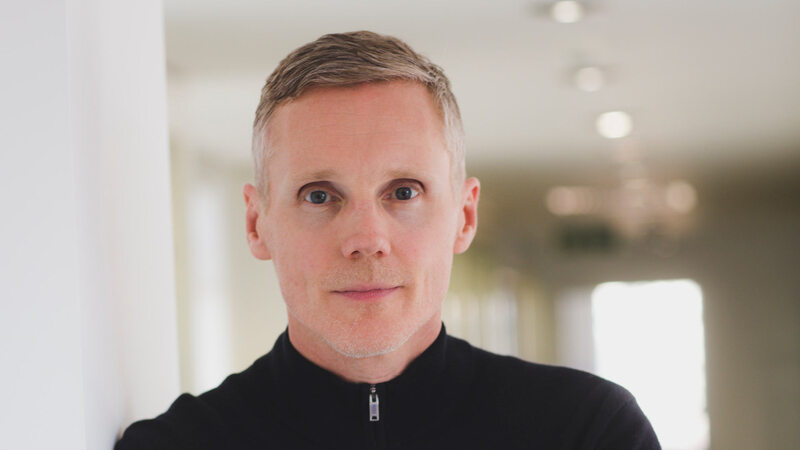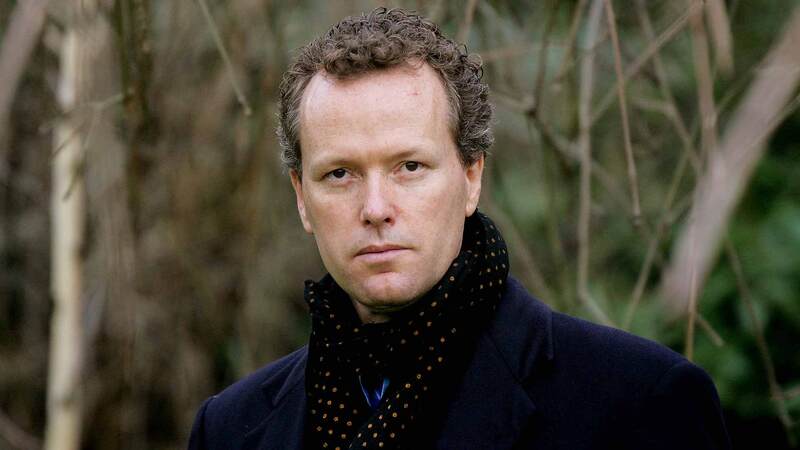You are viewing your 1 free article this month. Login to read more articles.
Too male, too pale
Added as a last-minute guest and appearing before an audience several decades younger than many of those typical for a literary festival, Nick Clegg might initially have been pleased it was Mariella Frostrop rather than fellow festival stars Jonathan Dimbleby or Jeremy Paxman on interviewing duty, yet for the vast majority of an hour and a quarter, Frostrop asked all the hard questions of the Deputy Prime Minister.
Clegg, for the most part easy and relaxed throughout, wore a suit but no tie and was described by Frostrop in her no-holds-barred introduction as a “flack magnet”. Asked why he had come to the Cheltenham Festival, Clegg replied that he does meetings up and down the country, and “not just with people eccentric enough to join a political party.” It was one of several times during the session that he denigrated the way politics works today – much as he had done in his election campaign but, of course, this time he is part of the establishment. And he still, he said at one point, would “love to be Prime Minister”.
The tension that was created by joining the coalition inevitably meant he would be vilified, Clegg said. “It was always going to create a very strong reaction from Left and Right… or, as it turned out, both,” he observed with a wry smile. Frostrop asked Clegg whether he felt he had let his supporters down. “I don’t,” he replied. “I think we need to remember what a perilous position the country was in a year ago.” The alternative to the coalition was “a total and utter disaster.”
Frostrop questioned Clegg hard on what, exactly, was less bleak about the current situation than that which the coalition inherited – given a currently worsening economic environment blamed by Clegg on international problems. He named two policies as signs of progress: the pupil premium, and a new one, announced the day before (6 October), to provide money for childcare support for mothers regardless of how many hours they work (formally the minimum to qualify was 16 hours).
Nevertheless, Clegg smiled ruefully when asked about the issue of electoral reform, where the results were, in his own words, “a bit more patchy”. That patchiness referred to the AV-vote defeat, of course, about which Clegg clearly still felt sore. He said the no-vote campaign was “rough and tumble” politics, comprising “pretty lurid and personal vitriol.”
Clegg refused, however, to be drawn into express criticism of the Tory squabble between Theresa May and Kenneth Clarke over the Human Rights Act, saying “I’m not going to intrude into an argument between two Tory ministers about cats.” On a more serious note, he backed May’s attempt to highlight the misinterpretation of the Act, but heavily supported Clarke’s defence of the very concept, saying he felt that the denigration of the term “human rights” mirrored that of the word “liberal” in the US – and asked (with barbs) what message it sends out if Britain bombs Libya in the name of human rights then disparages the concept at home. Clegg then explained that a British bill of human rights would be additional to, and not replace, the European one.
The conversation turned to the Eurozone, Brussels’ ponderous nature and, in Clegg’s words, the problem that “there have not been enough decisions” sweeping enough or fast enough. On the Euro, Clegg bemoaned the lack of control shown by Chirac and Shroeder in its establishment, and put forward five means of rescuing it:
- “Deal with” the Greek issue
- Recapitalise the banks
- Set up a pot of money to stop contagion
- Adhere to the rules
- Ensure across the board competitiveness and dynamism.
Looking back at the causes of the UK’s financial crisis, specifically, Clegg focused on events post-1986, when an over-reliance on the City and a culture of personal borrowing used to uphold conspicuous consumption meant that when the banking system “imploded”, “the whole house of cards fell down”. He defended the government on the subject of cuts – bemoaning “ludicrous cut-out caricatures” of the government as non-spenders – but said that areas of the country that had become reliant on public money would have to change (including his home constituency of Sheffield), most of all by rediscovering its manufacturing industries, centred around cities given more freedom to act independently of Whitehall.
In a softer but no less topical end section on politics, Frostrop pulled up Clegg on the lack of women on the Lib Dem front bench. He was contrite: “It’s a source of endless shame to me… We are too male, too pale.” Clegg also said, sounding a little like the everyman outsider he once was, that the tone at Prime Minister’s Questions is a turn-off for women, with “grown men yelling and bellowing at each other”. He promised that the Lib Dems are intensively working on to bring up female MPs.
For the final section of her discussion with the Deputy PM, Frostrop asked Clegg whether his reading habits were as heavyweight as before the election, when he named Beckett’s Waiting for Godot as one of his favourite books, He answered that he still reads every night, and is now working his way through The Hare with the Amber Eyes by Edmund De Waal – “not a laugh a minute”. For light relief, he turns to his young son’s football annuals.
After a disappointingly brief question-and-answer session – in which Clegg defended the new tuition fee system as a “progressive graduate tax” that would see students paying less to start with and with repayments based on income – the conversation rounded off with Frostrop asking Clegg was his perfect day would entail. The answer: reading a football annual, hanging out with his kids, Spanish food (his wife is Spanish), “ending with a literary festival, of course”.
Clegg may never be Prime Minister as he hopes, but he is a politician to the end.
Find tickets or information on the Times Cheltenham Literature Festival.













